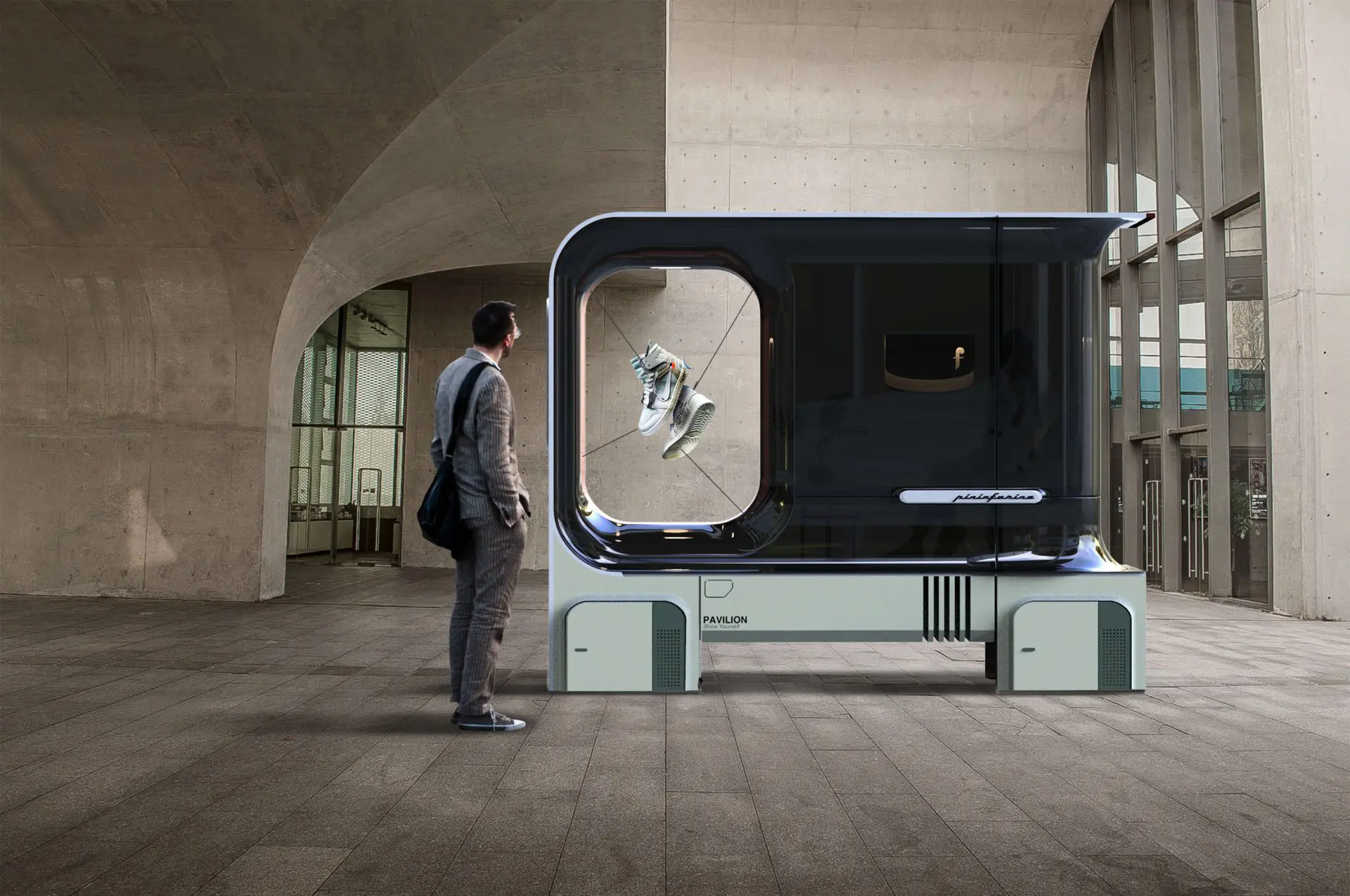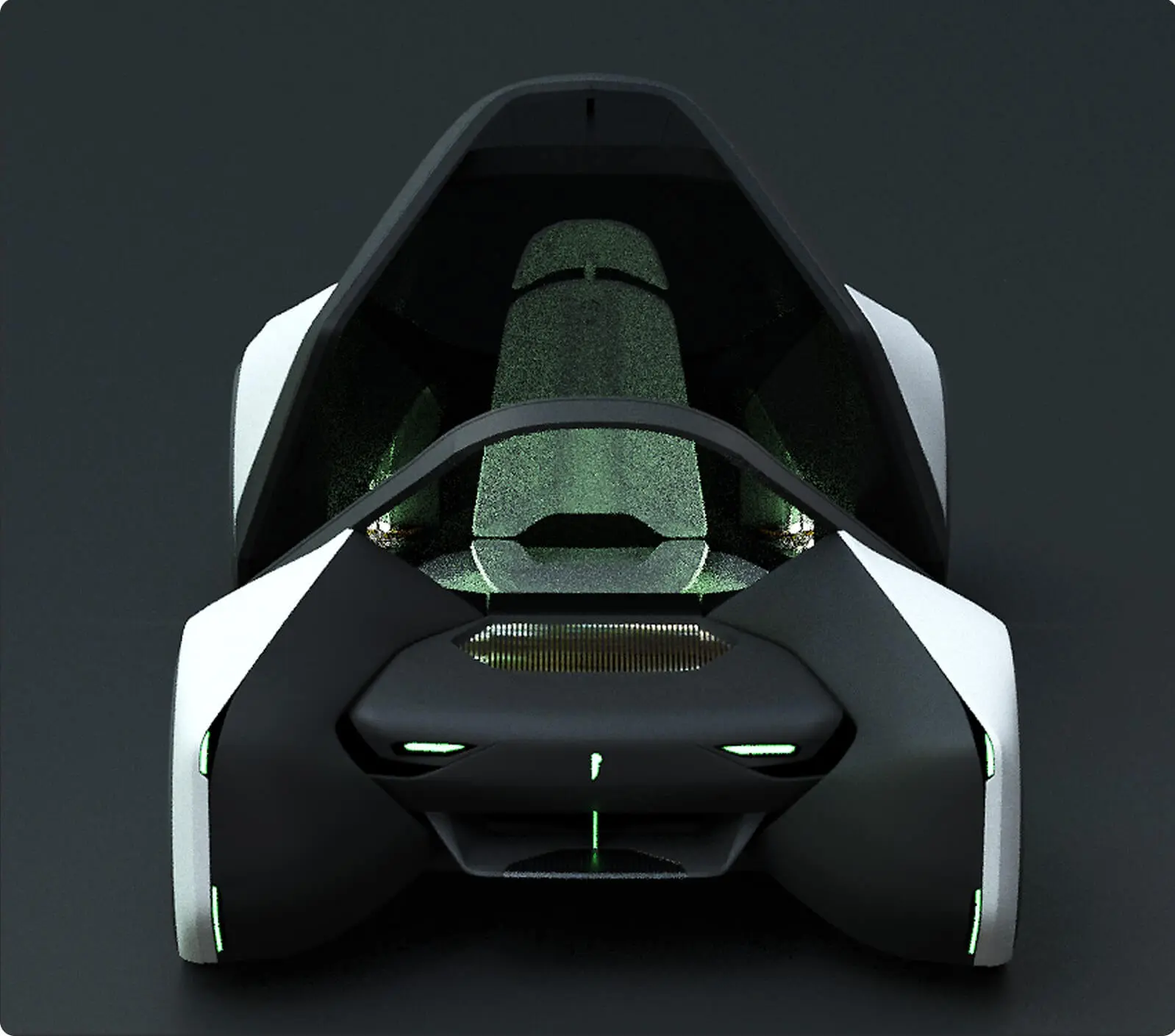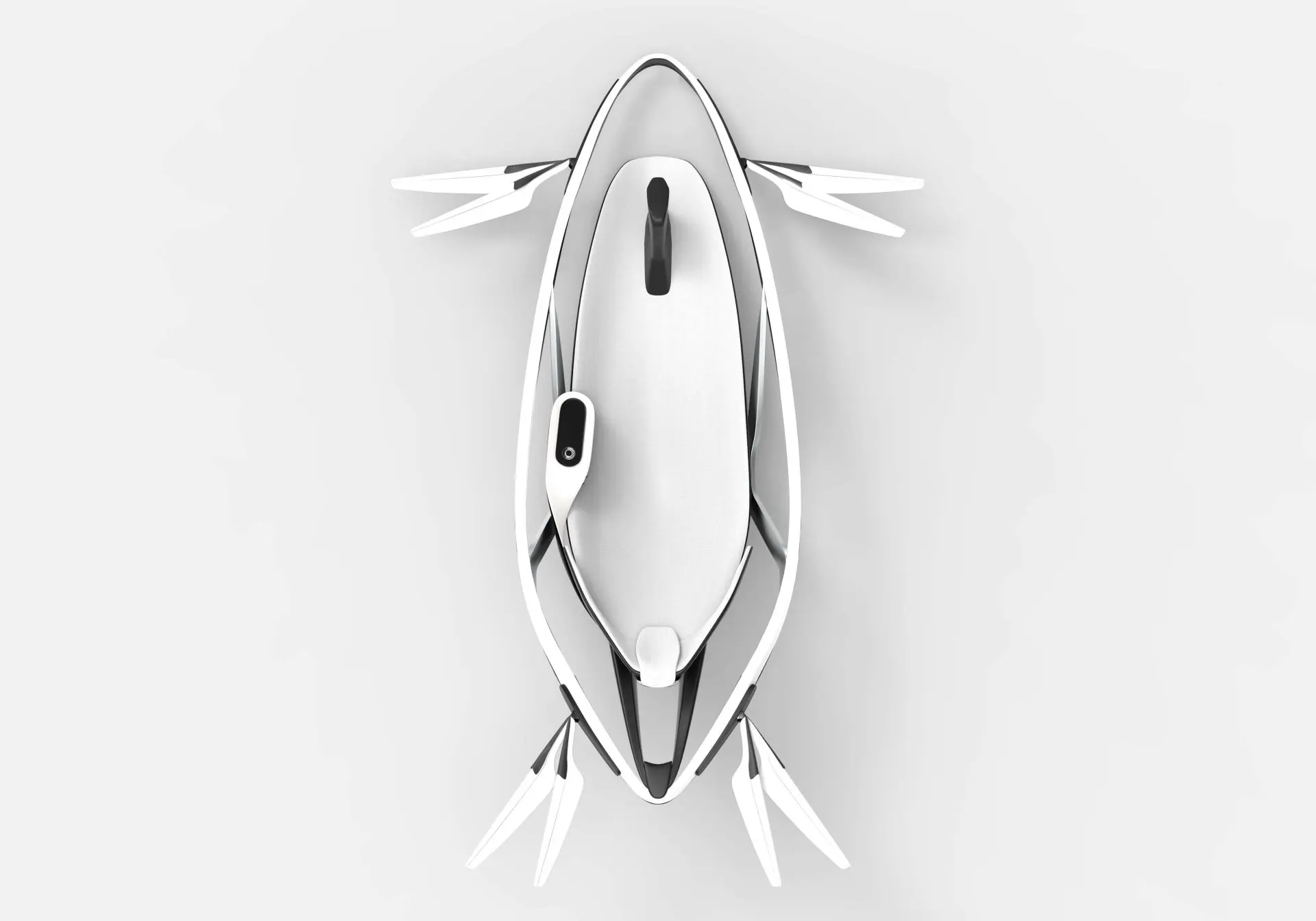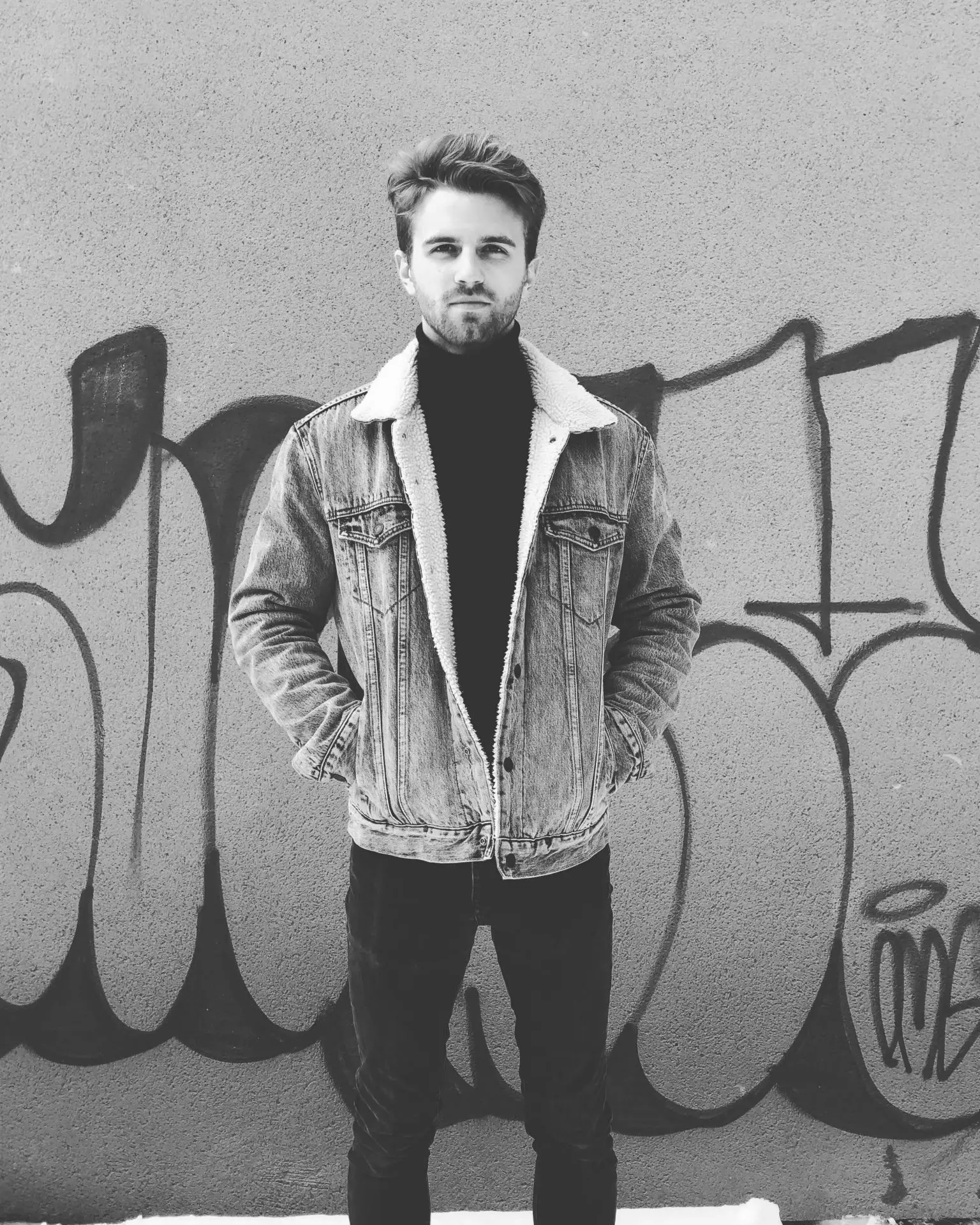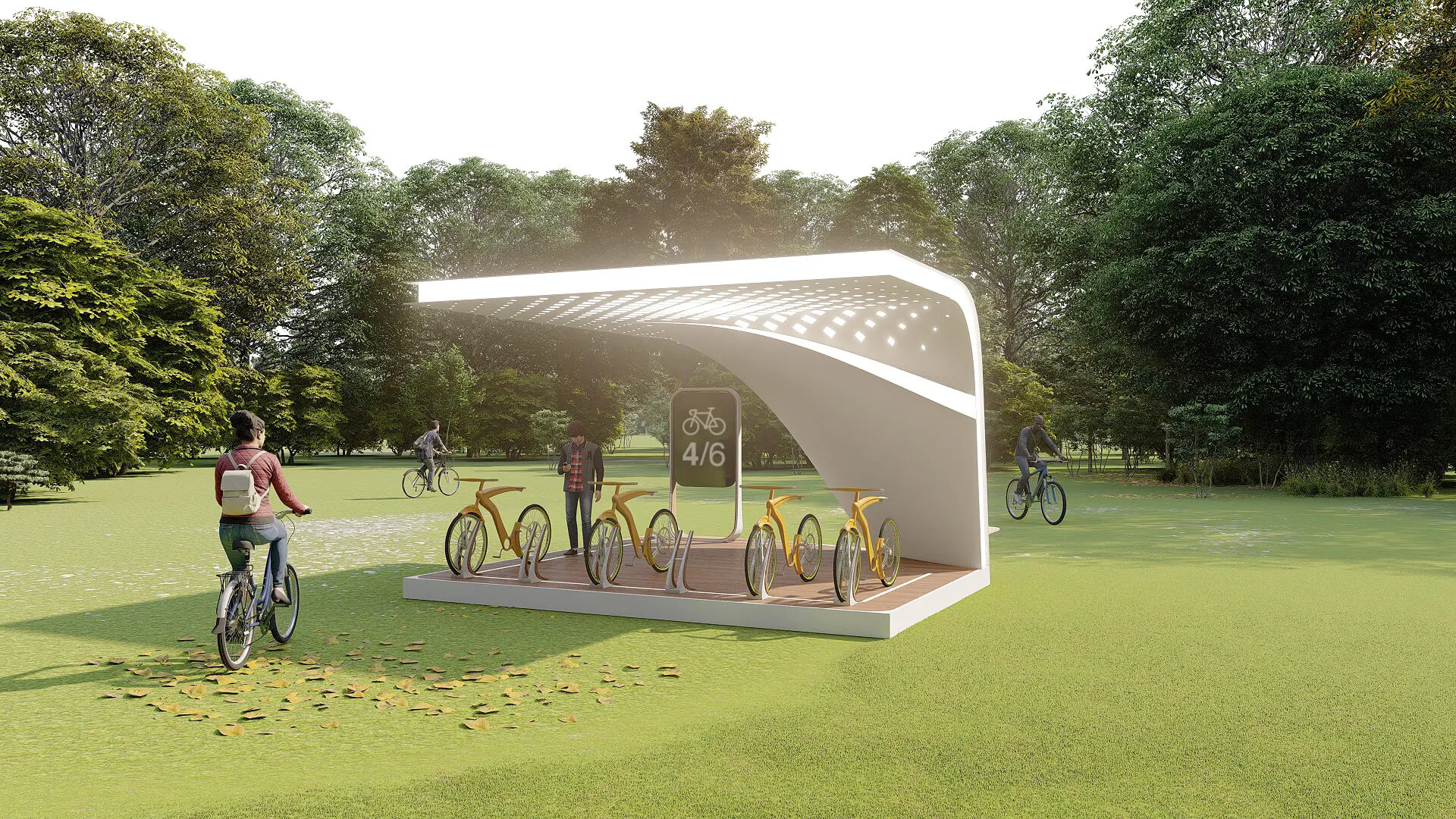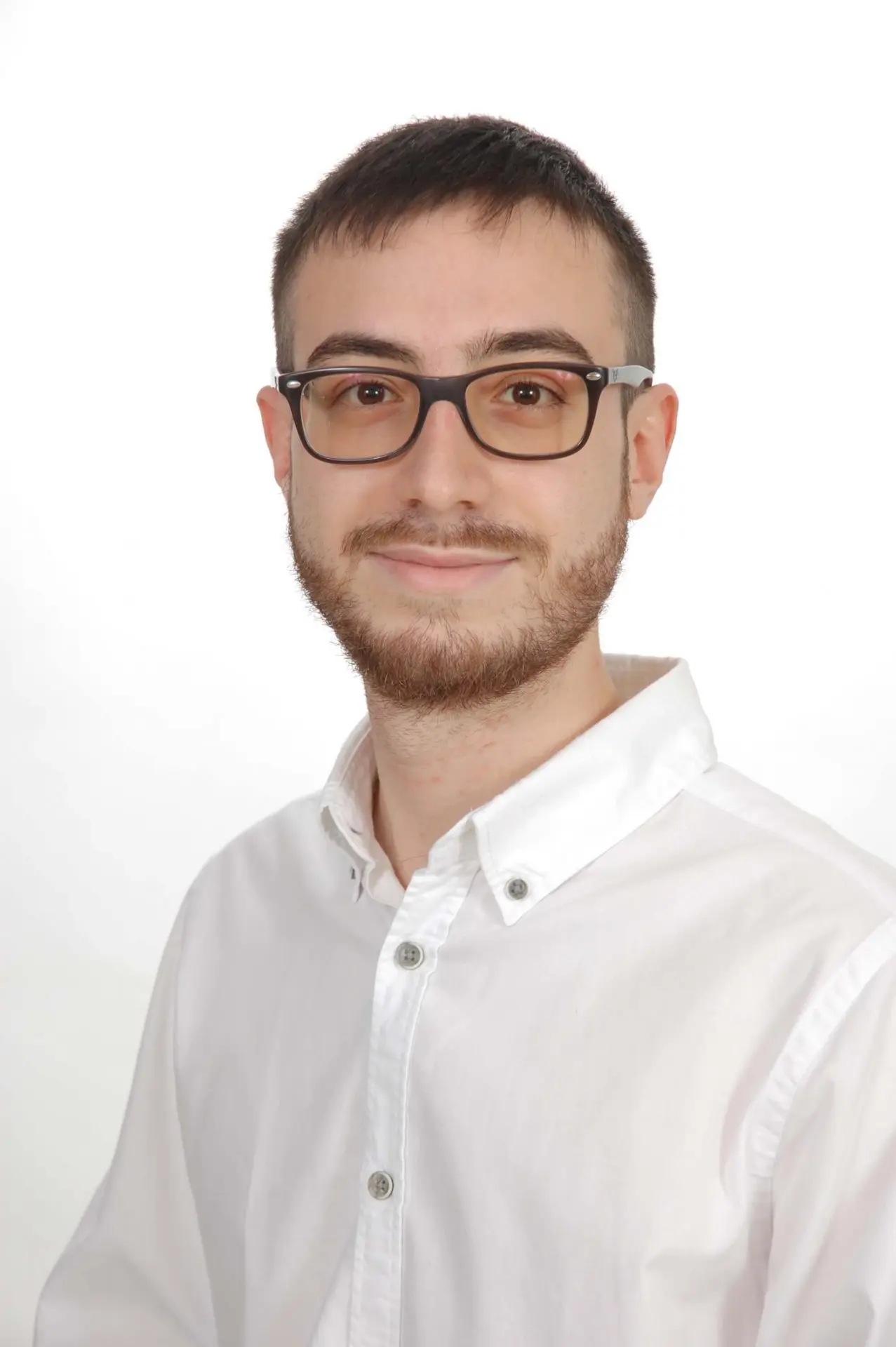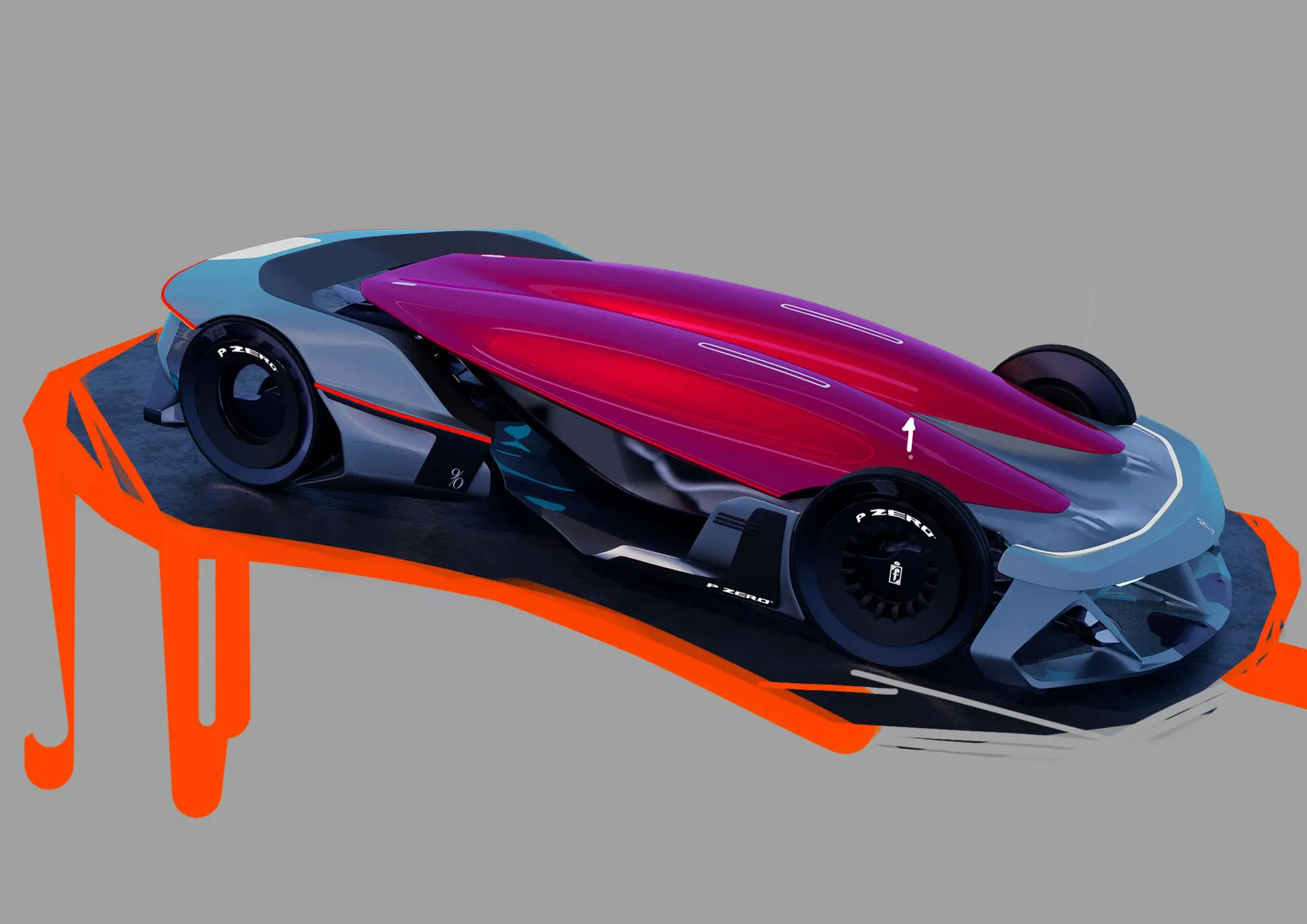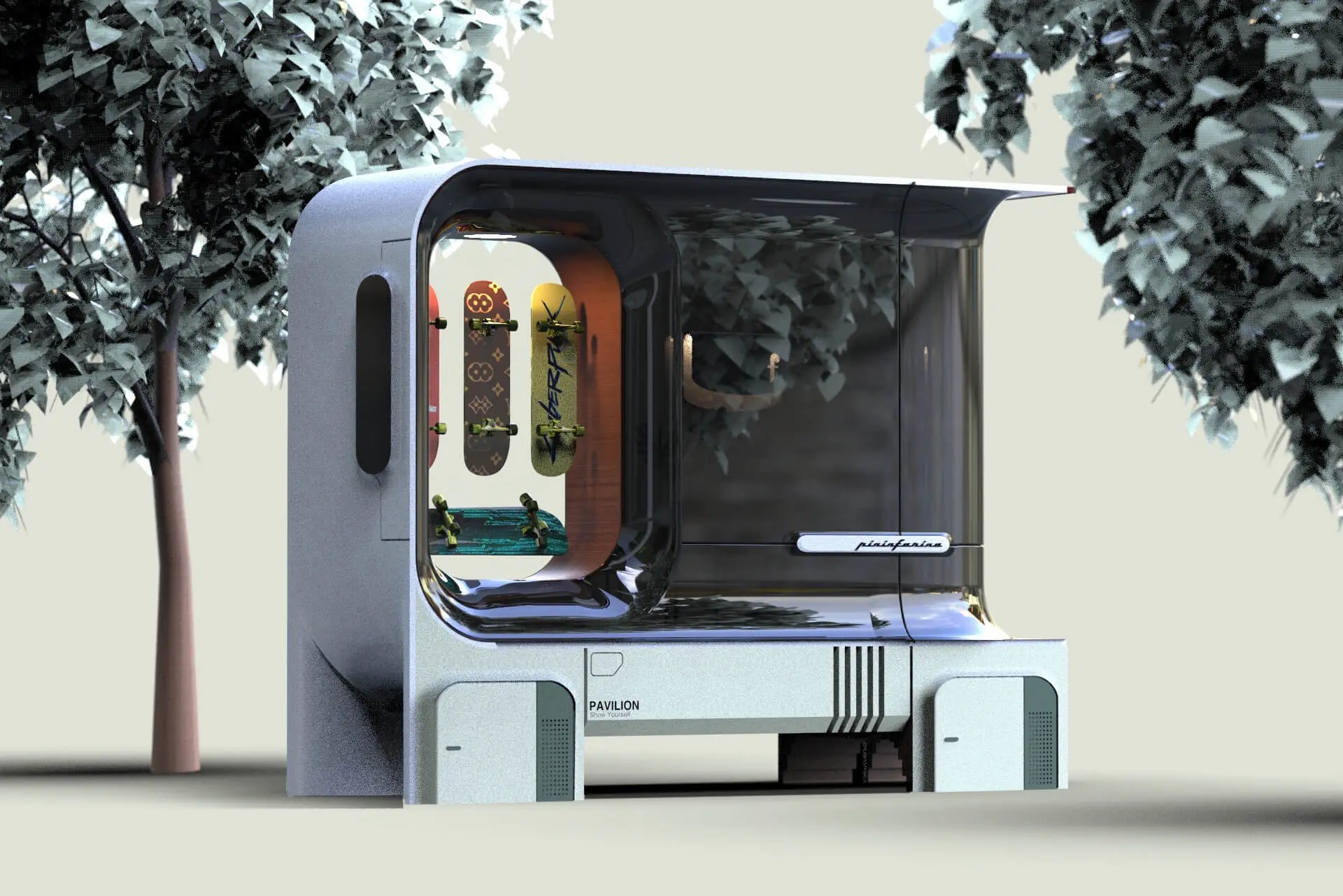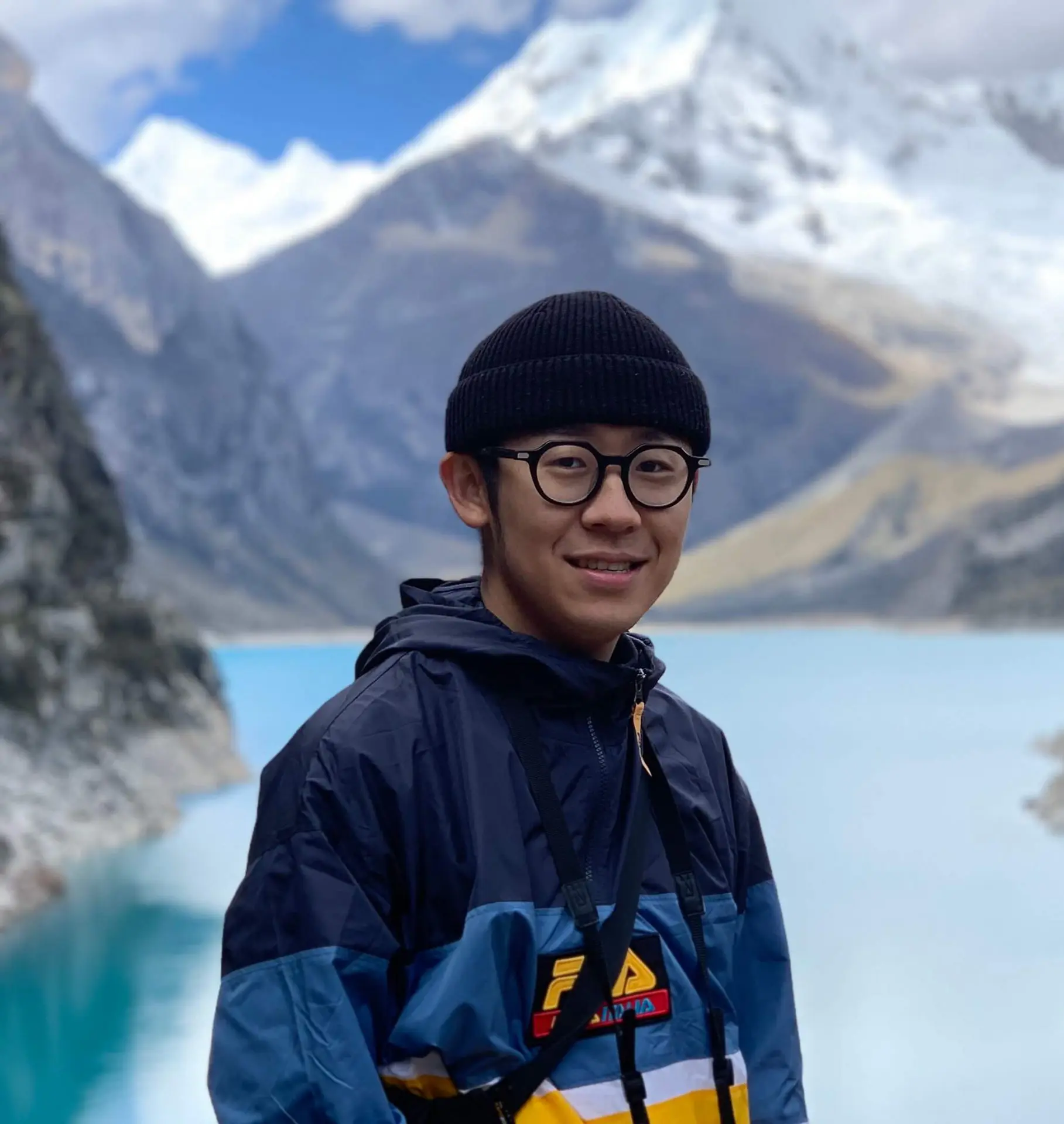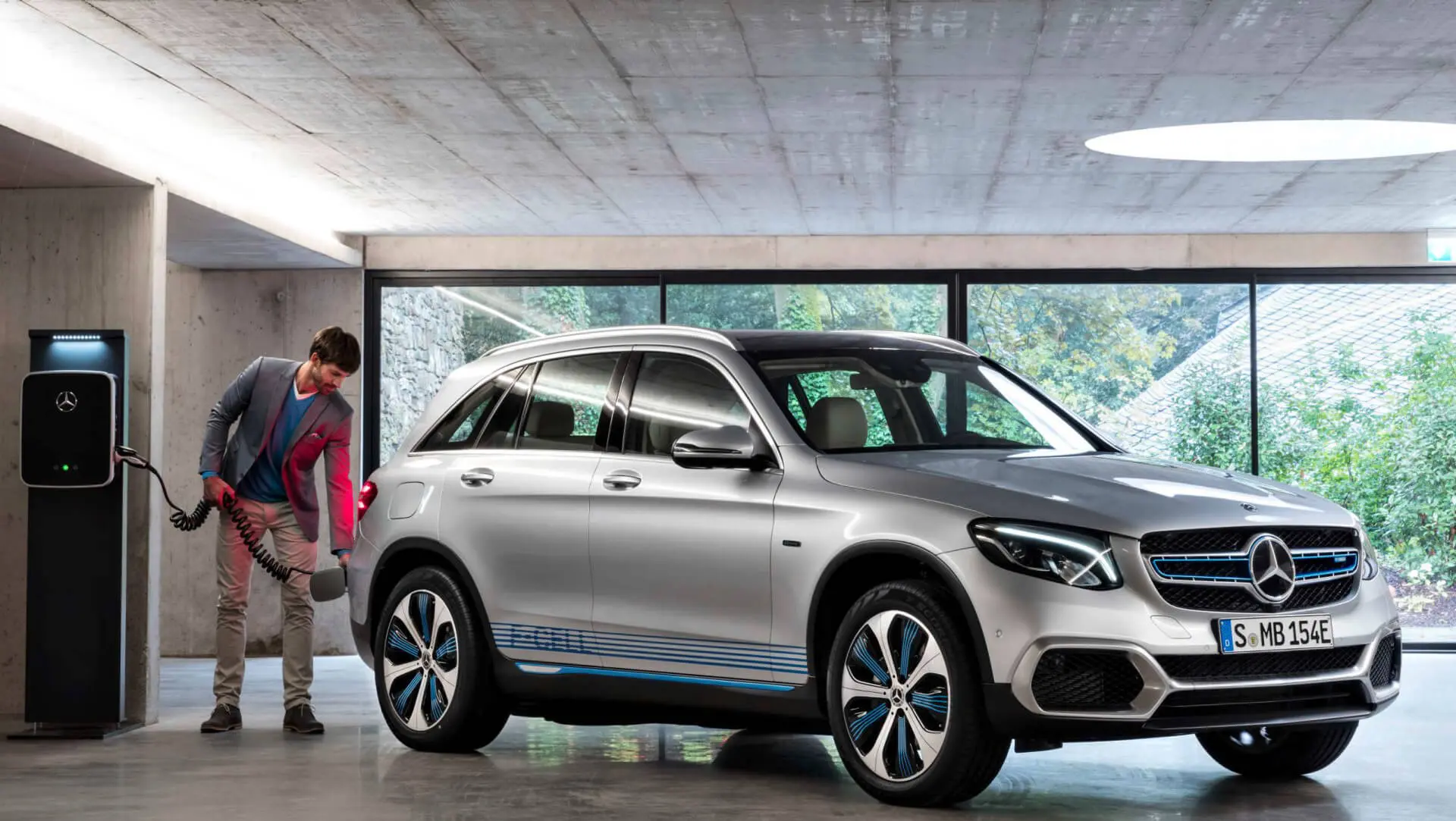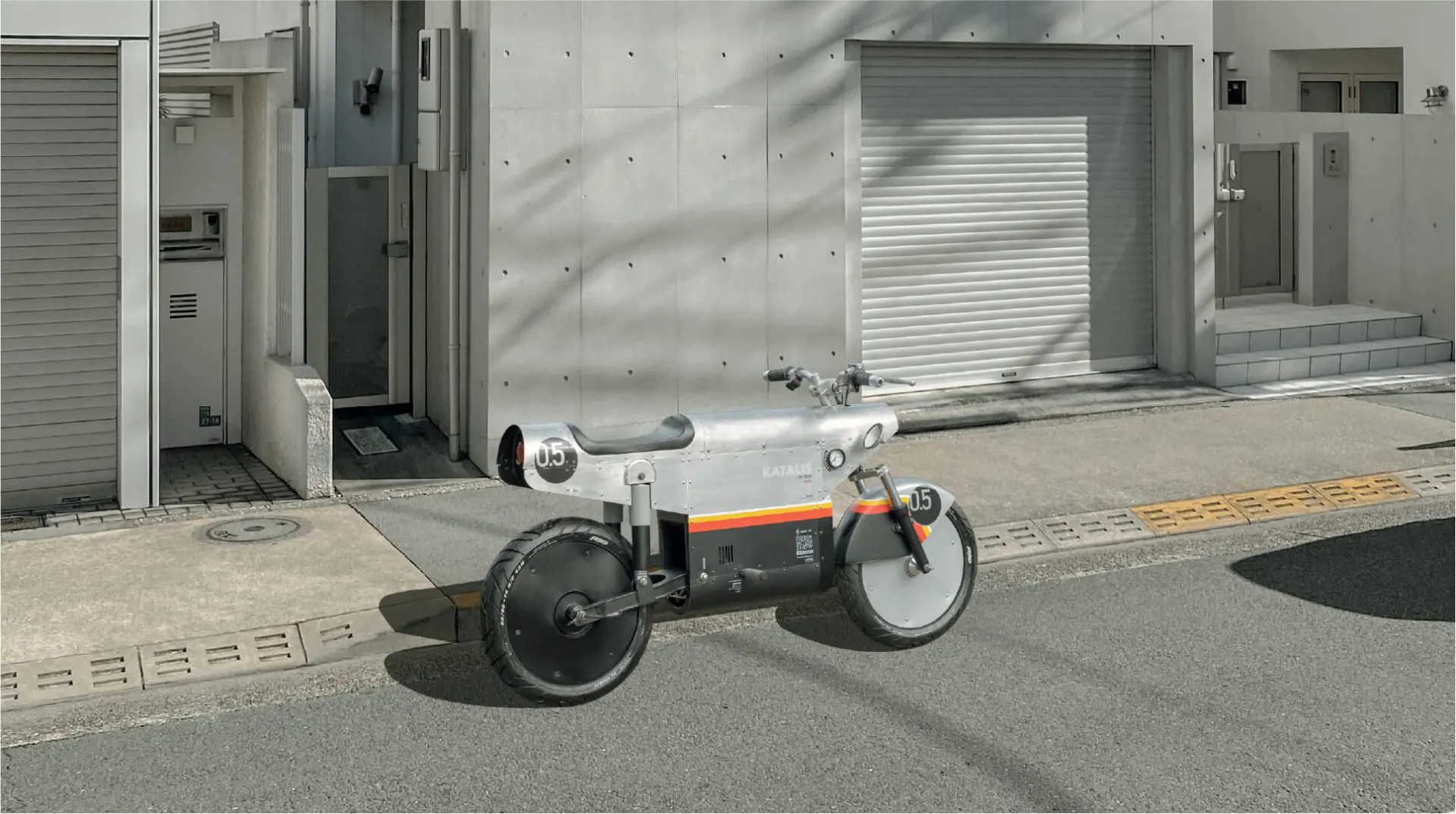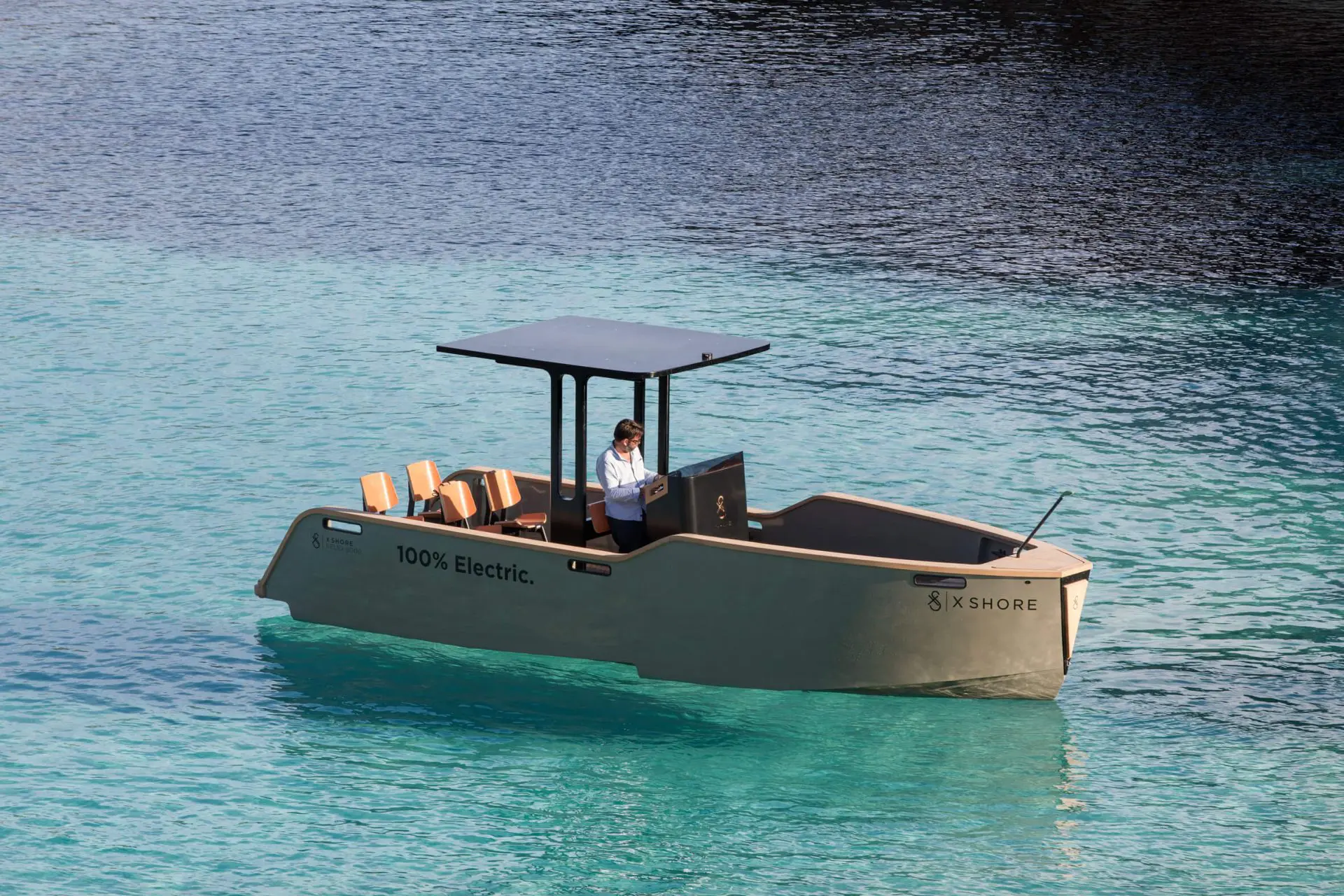Pininfarina announces winners of global design contest “New Dreams for a New World”
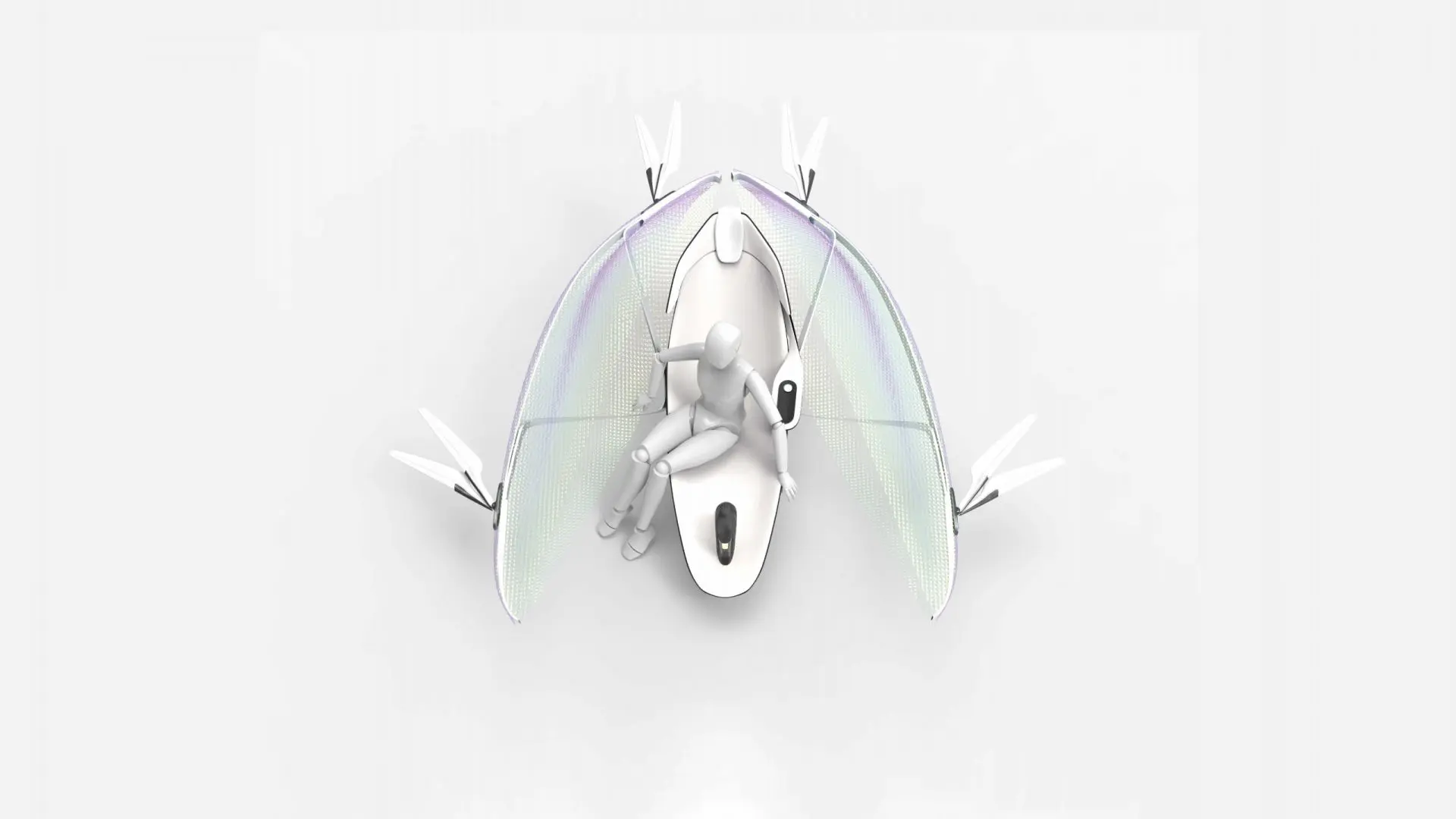
Initiated in October 2020 to celebrate the Company’s 90th anniversary, the competition invited students of 15 prestigious international schools to rethink what human experiences will be like in the “new normal”.
The Jury has selected the winner for each category: Yonghoon Lee of the Hochschule München for Smart Individual Mobility, Tom Moreau of Strate School of Design for Smart Social Mobility and Riccardo Grecu of the Politecnico di Torino for Smart Spaces.
“We are very proud to disclose this competition elicited about 150 submissions from inspired designers representing 25 different countries,” says Kevin Rice, Chief Creative Officer Pininfarina. “The designers produced very high-quality material making the task of the jury panel very difficult, and we saw a consistent expression of what the New World should be in the eyes of the designers of the future”.
Pininfarina thanks all the Universities and Design Schools involved, who contributed with a passion to the success of the contest and dedicated time and energy to the various intermediate steps: China Academy of Art (China), Coventry University (UK), FH JOANNEUM Industrial Design (Austria), Hochschule München (Germany), IAAD-The Italian University for Design (Italy), Istituto Europeo di Design – Torino (Italy), ISD Rubika (France/India), National Institute of Design Ahmedabad (India), Politecnico di Torino (Italy), PRATT Institute (USA), Royal College of Art (UK), Strate School of Design (France), TsingHua University (China), Umeå Institute of Design- UID (Sweden) and USP (Brazil).
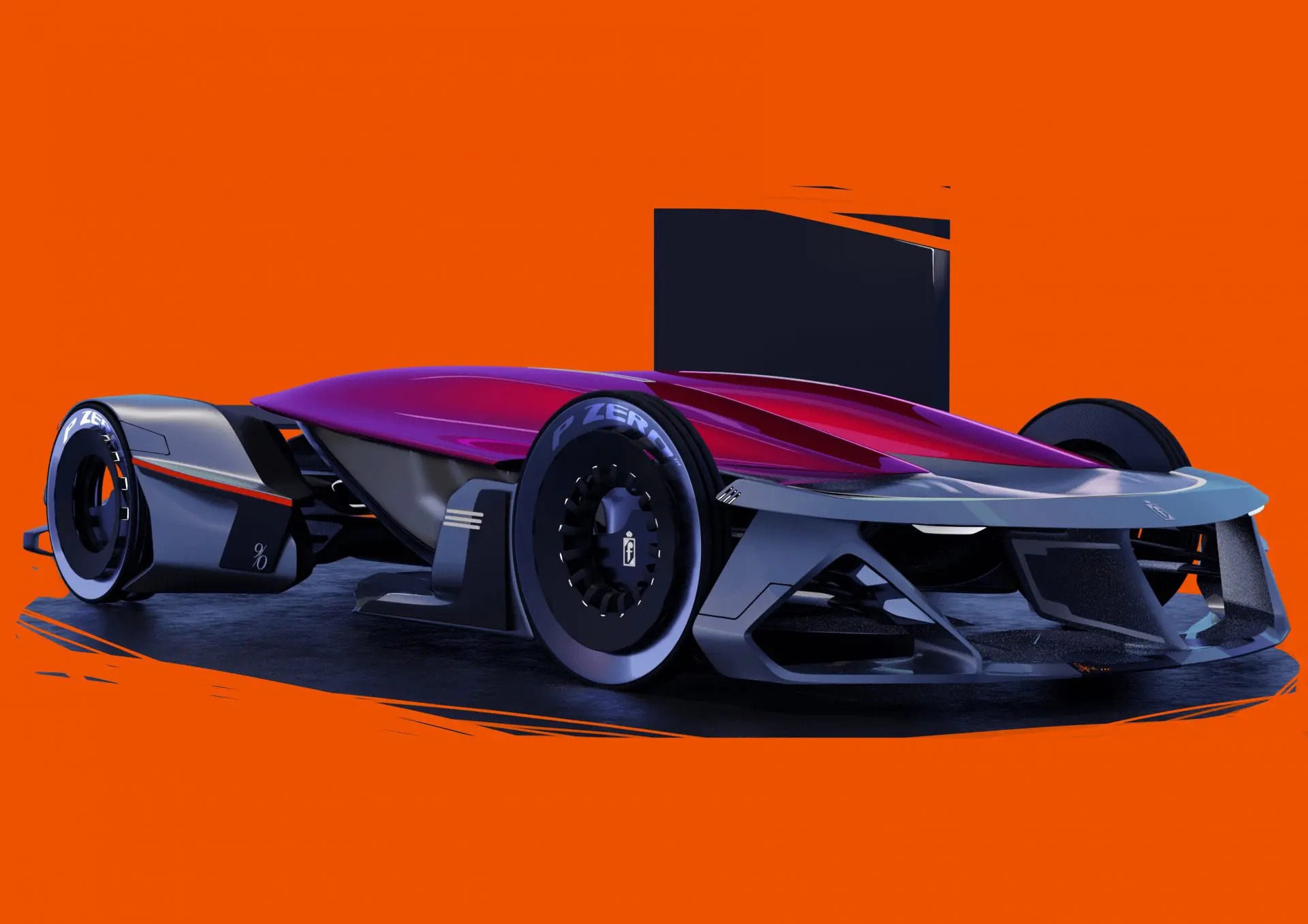
Students were asked to present their vision on three different themes: Smart Individual Mobility (a new way to move that is easier, more efficient, cost-effective, environmentally-friendly, safe and comfortable for the individual), Smart Social Mobility (new forms of collective mobility that promote the concept of sharing and a sustainable lifestyle) and Smart Spaces (a new way to live together).
The shortlisted finalists have been voted by a grand jury panel, chaired by Paolo Pininfarina and Kevin Rice, composed of personalities whose names belong to the world of design and architecture: Anne Asensio, Vice-President Design Experience Dassault Systèmes; Silvia Baruffaldi, Editor Auto&Design; Sandra Button, Chairman Pebble Beach Concours d’Elegance; Patrick Abbattista, Founder DesignWanted; Carlo Biasia, Special Projects Architect Gruppo Mondadori; Federico Casalegno, PhD, SVP of Samsung Electronics Co., Ltd.; Andrés Sanchez-Lozano, Co-Founder and CEO Excem Real Estate; Harry West, Professor of Practice, Columbia University; Principal, Invisible Design.
Curious to know more about Pininfarina? Check out Pininfarina’s four prize-winning projects
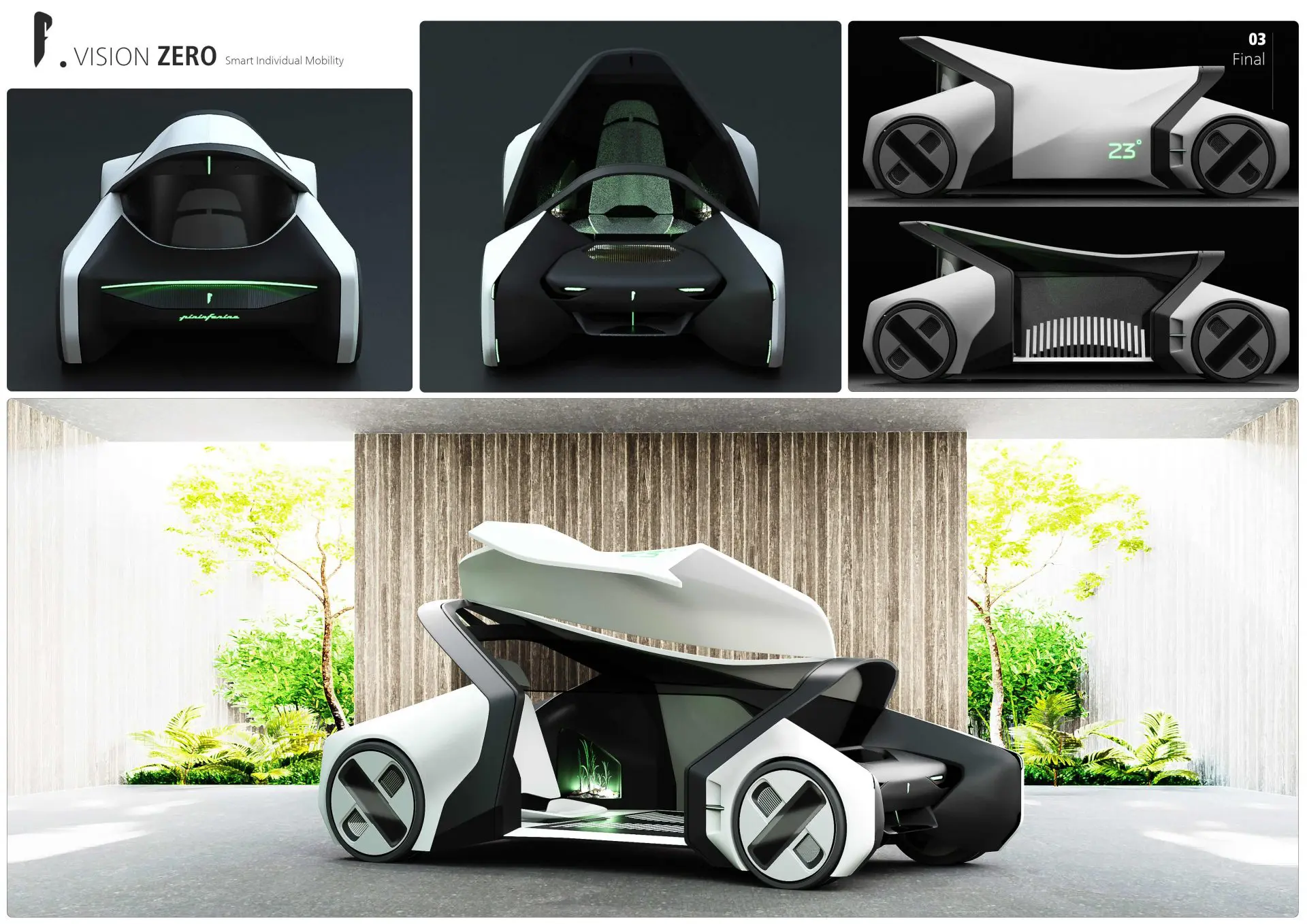
The winner in the Smart Individual Mobility category is Yonghoon Lee, a student of Hochschule München, Germany. His design, dubbed VISION ZERO, starts from the consideration that natural phenomena such as photosynthesis or convection can be used to make cars an environmentally friendly resting place in the city.
“I want the vehicle to appear to the people in the city as an environmentally friendly resting place like nature” says Yonghoon Lee explaining the purpose behind his product. “I found a shape on traditional roof that made airflow easier. And this form can efficiently manage the temperature in a vehicle. Air ducts on the front and back of the roof keep the ideal temperature even without air conditioning. Thanks to the artificial photosynthetic structure on the roof, the owner can enjoy fresh oxygen-containing air in the city center at all times. Therefore, the front and back have created a straight feel and shape”.
The winner in the Smart Social Mobility category is Tom Moreau from Strate School of Design, France. His design, BENCH, is intended to reduce the number of vehicles by sharing them.
“The interest is to offer several modes of travel to customers according to their desires“ explains Tom Moreau. “The customer can thus have a completely autonomous vehicle or manual driving to make the most of his journey. Once the vehicle is no longer in use, it turns into street furniture and thus becomes an integral part of the city”.
Tom’s projects rest on Acoustic Levitation, a method allowing objects to levitate without creating sound audible to the human ear using the pressure of radiation from sound waves intense.
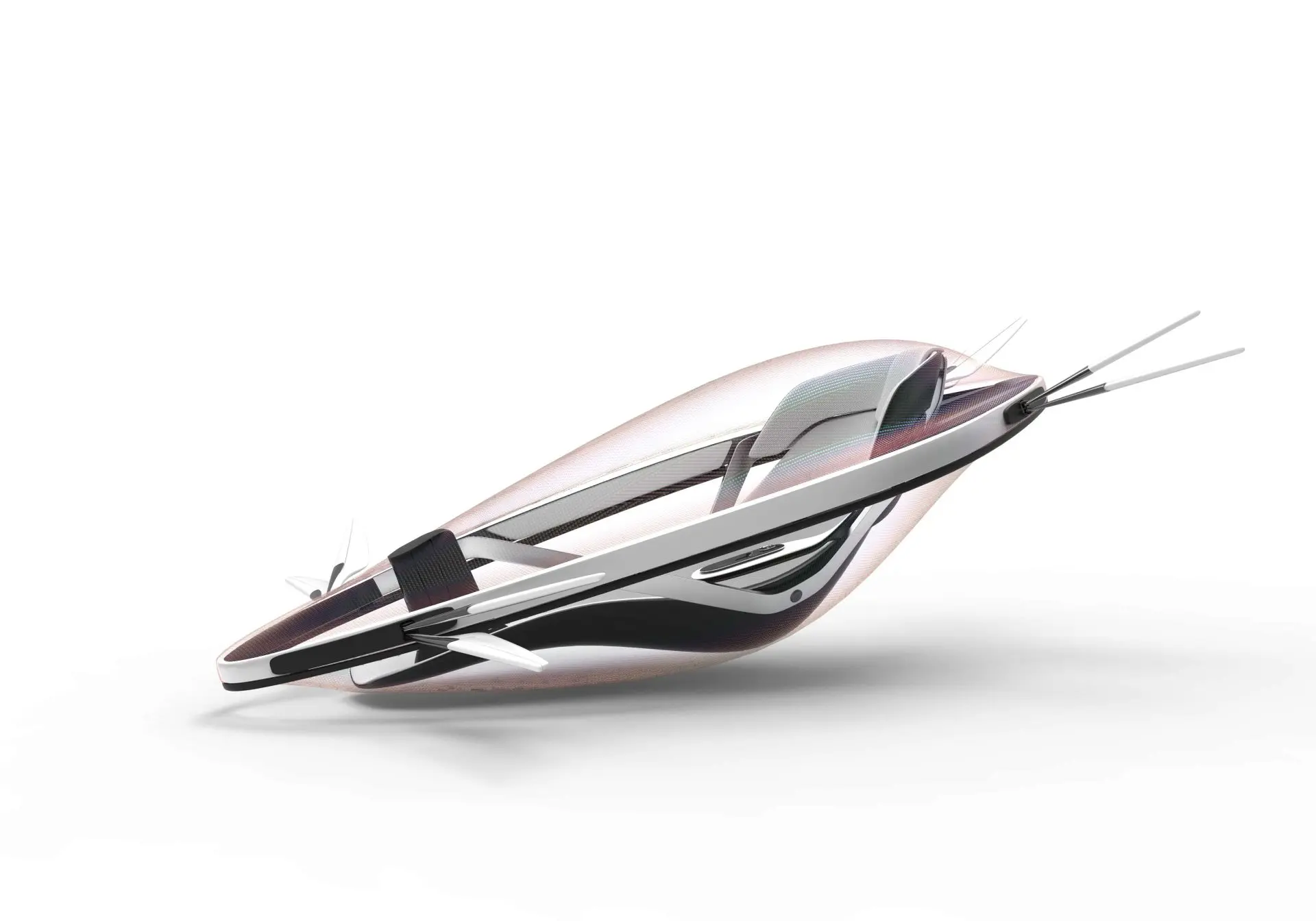
The winner in the Smart Spaces category is Riccardo Grecu, a student of Politecnico di Torino, Italy. His design DINAMICO is a pavilion whose design draws inspiration from the principle of simplicity, although still being characterized by a strong visual identity.
“The shape,” says Riccardo Grecu “originates from a flat surface which, once bent, creates an enfolding and protective space. The pavilion is flexible and transformable: the user can configure and customize it according to the need and the occasion: it can be a fair pavilion, study hall, coworking office, meeting point, bike-sharing station, charge hub for electric vehicles. Thanks to foldable furniture and a home automation system, the user is actively involved in the customization and reconfiguration of the space, moving, hiding and choosing the most suitable furniture”.
Dinamico was conceived paying great attention to sustainability by employing eco-friendly material and building techniques aiming to reduce the environmental impact.
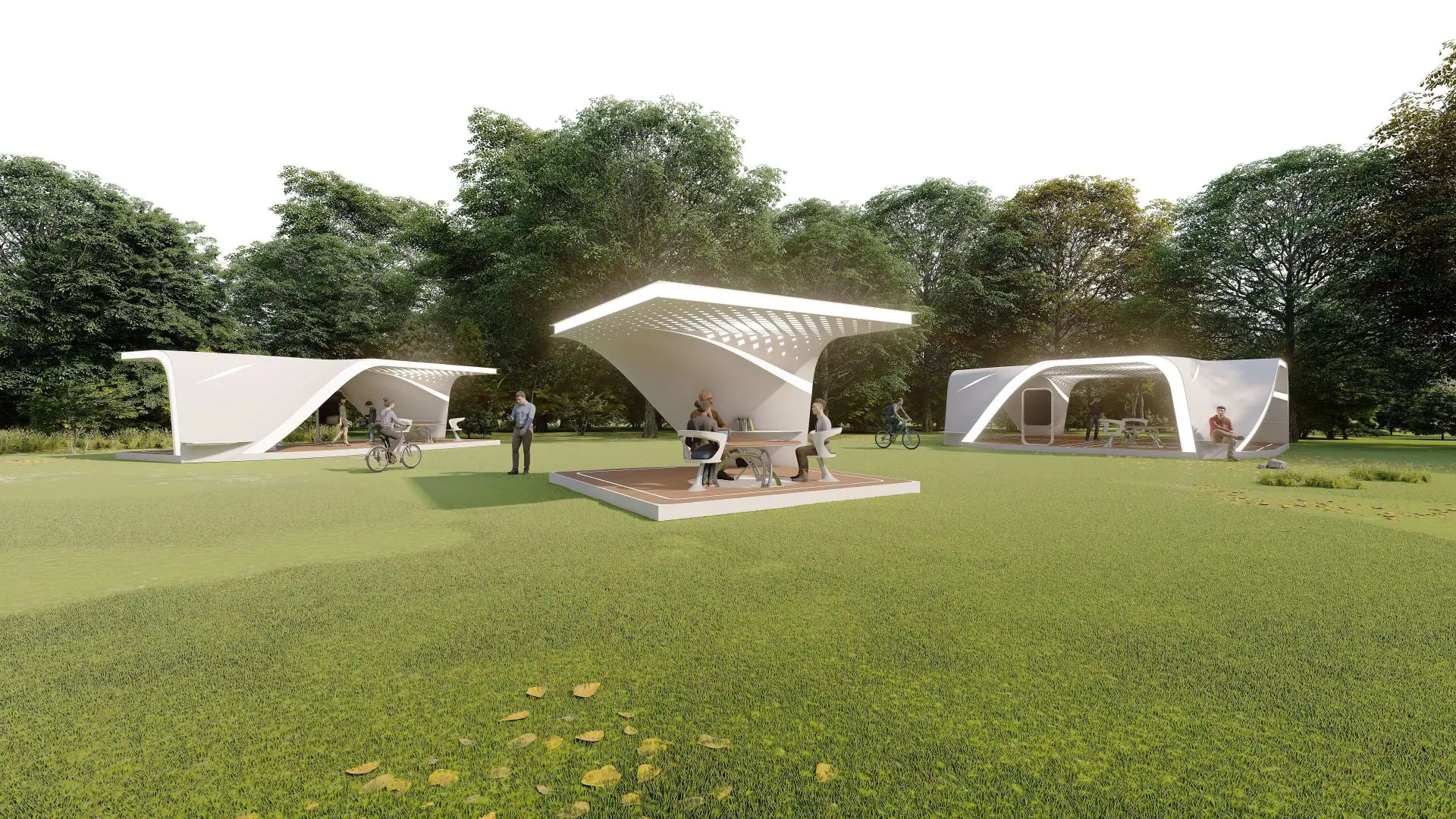
The winner of each category will be awarded a 6-month Internship at Pininfarina design studio.
A fourth design was given the Special Chairman Award for the special attention to the Pininfarina design values: the winner is Nathan Groot from ISD Rubika, France. According to the post-Covid context, his design VALENTINA was aimed at creating two separated capsules, to offer to each of the two human beings a separated comfort zone, while making them feel together in the experience of the vehicle. The result is a very sculptural upper part.
“On the exterior design job” explains Nathan Groot “I decided to inspire myself of three major elements of the Pininfarina history. Firstly I decided to copy the idea of the red line of the Modulo to mark a kind of belt giving a nice structural aspect to my rear part. This line gives a lot of stiffness to this part holding the batteries in the middle of a huge air diffuser. Secondly, this line is split up in the middle of the rear part. I loved the Battista tail light signature, and I wanted to keep the same idea. And finally, I tried to do a detached front part with the logo, to stay once again in the same mood than the Battista front part”.
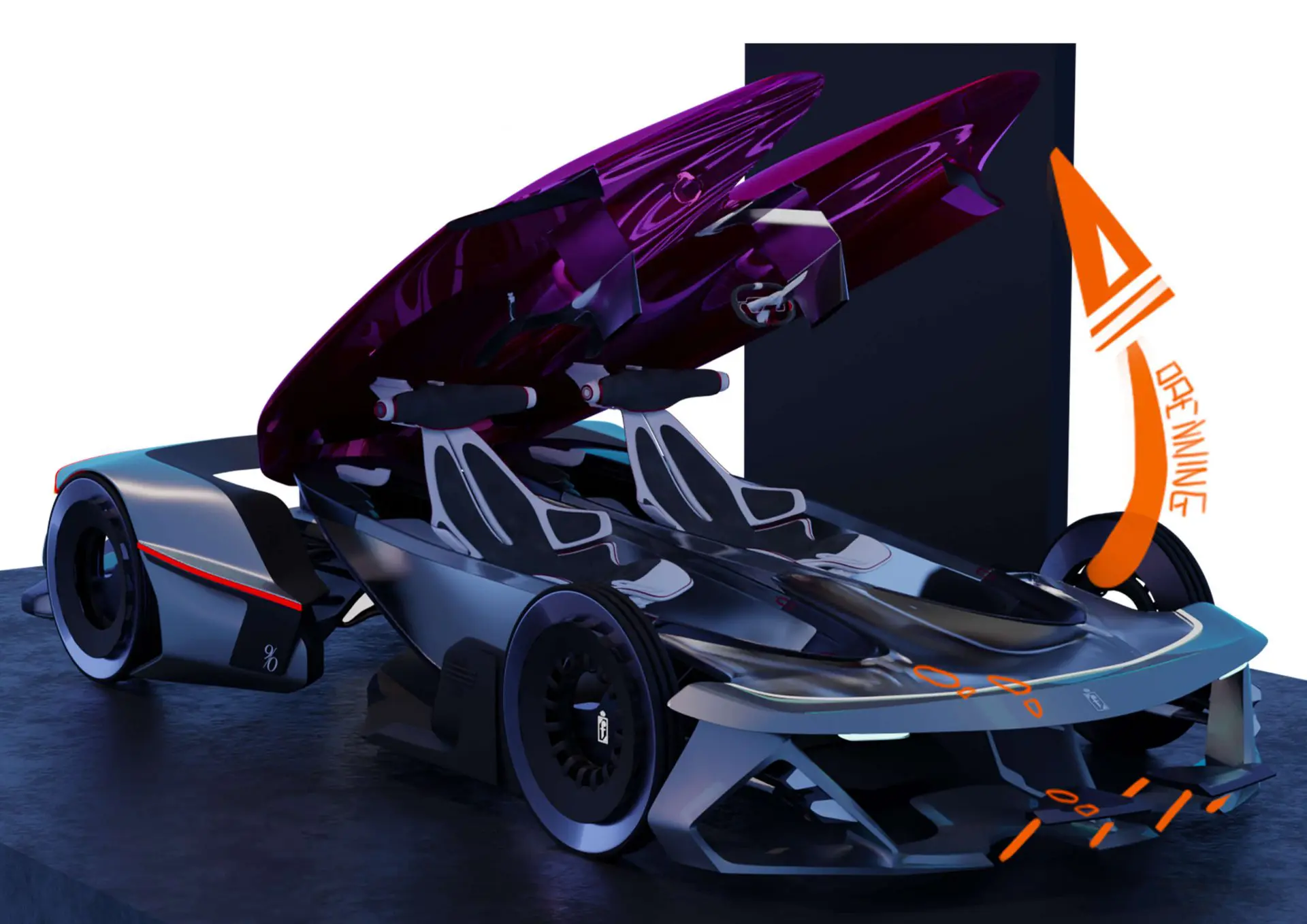
The DesignWanted Special Award was given to Junu Kim of the Coventry University, UK, for his design PAVILION–THE EGO GALLERY. The project will be awarded with the publication on the international architecture and design magazine DesignWanted.
“Since 2000” says Junu Kim “Serpentine pavilion is annually built in London’s Kensington Garden by selected one architect each year to show his pure vision and philosophy. Inspired by this project, I started with the idea to create an open and empty space that can contain someone’s identity, desire, and personality in mobility. To achieve this, the overall exterior design has neutral and minimal design language to draw attention to the content in the frame”.
Curious to know more about incredible mobility design projects? Don’t miss TEOREMA by Pininfarina – The first ever 100% virtually developed concept car
